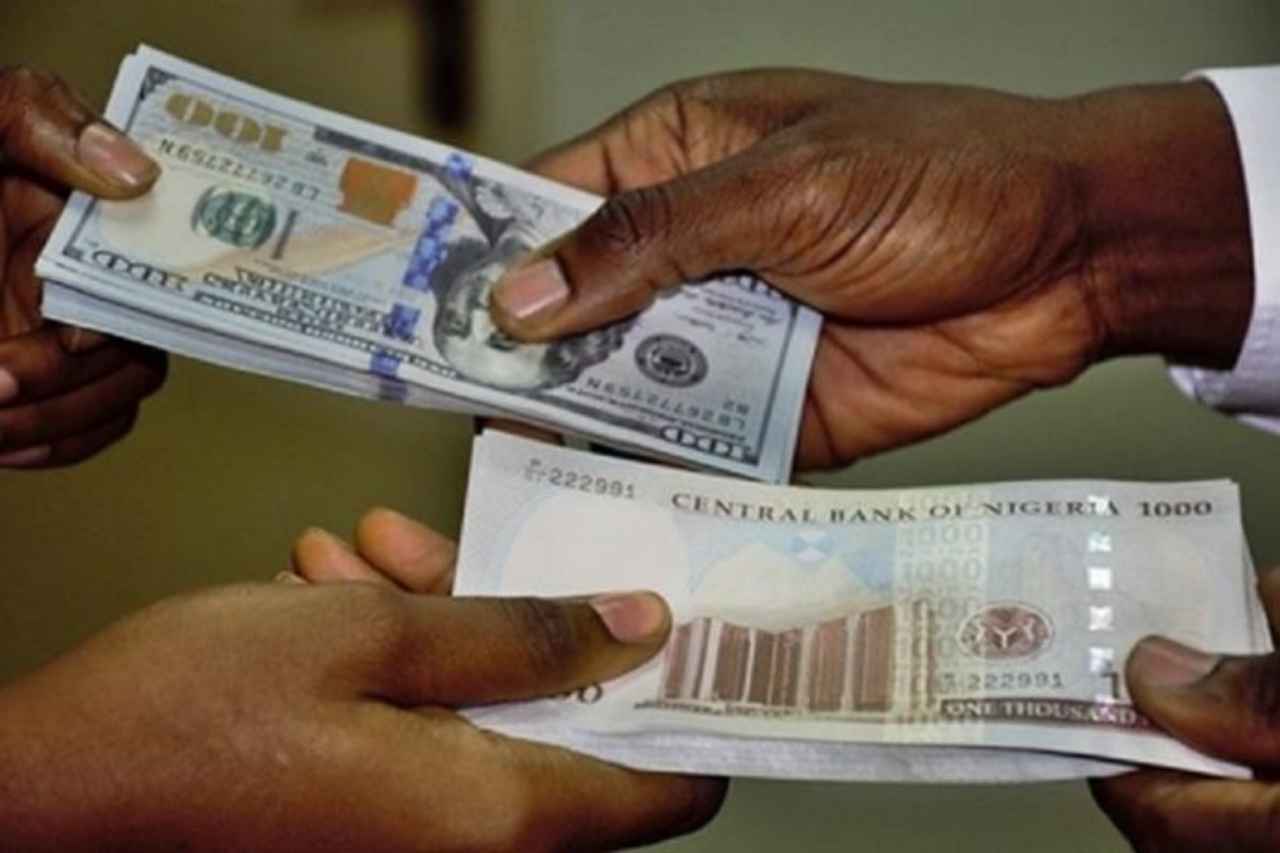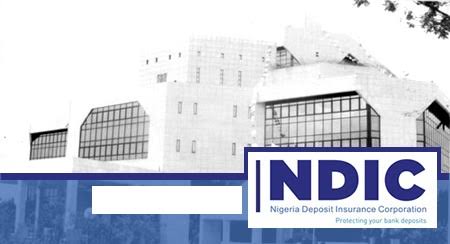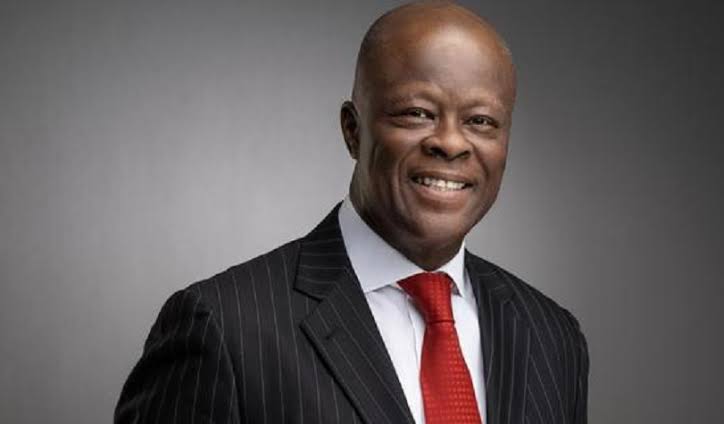As of January 8, 2024, the Black Market (also known as the parallel market or Aboki fx) is a significant avenue for determining the exchange rate between the US Dollar and the Nigerian Naira. Below are the latest exchange rates and recent developments in the foreign exchange market.
Black Market Dollar to Naira Exchange Rate (Aboki Dollar Rate)
On January 7,2024, players in the Lagos Parallel Market bought a dollar for N1245 and sold it at N1250, according to sources at Bureau De Change (BDC). It’s crucial to note that these rates are subject to fluctuations and may differ based on market dynamics.
Central Bank of Nigeria’s (CBN) Perspective
The Central Bank of Nigeria (CBN) does not officially recognize the parallel market and has directed individuals engaging in Forex transactions to approach their respective banks for currency exchange.
Current Dollar to Naira exchange rates as gathered by The Informant247:
Black Market Rates:
- Buying Rate: N1245
- Selling Rate: N1250
CBN Rates:
- Buying Rate: 913
- Selling Rate: 914
Black Market Exchange Rates:
| Date | Market | Buying Rate (Naira) | Selling Rate (Naira) |
|---|---|---|---|
| January 7, 2024 | Parallel Market | N1245 | N1250 |
CBN Exchange Rates:
| Market | Buying Rate (Naira) | Selling Rate (Naira) |
|---|---|---|
| Central Bank of Nigeria | 913 | 914 |
It’s important to highlight that the rates provided here are indicative, and actual rates for buying or selling forex may differ due to market variations.
Impact of Black Market Exchange Rates on Nigeria’s Economic Landscape
The unofficial segment of the foreign exchange market, commonly known as the black market or parallel market, operates with exchange rates differing from official or interbank rates. In the case of the U.S. dollar (USD) to Nigerian naira (NGN), the black market exchange rate tends to be higher, reflecting the prevalent scarcity and heightened demand for foreign currency in Nigeria.
Based on the above financial data, the official market indicates a rate of 1 USD to 914 NGN, while the black market sees trading at approximately 1250 NGN. This substantial undervaluation of the naira in the black market contributes to a wide gap between the official and unofficial rates. This disparity holds economic implications for Nigeria, including:
- Inflation: A heightened black market exchange rate can elevate inflation rates by increasing the cost of imported goods and services. Given Nigeria’s heavy reliance on imports for essential items like food, fuel, medicine, and machinery, an elevated black market rate can escalate living and production costs for Nigerians. This, in turn, diminishes purchasing power and real income for both consumers and producers, impacting the competitiveness of domestic products in the global market.
- Trade and Balance of Payments: A higher black market exchange rate can impact Nigeria’s trade and balance of payments by discouraging exports and promoting imports. Exporters may prefer the black market, where they can obtain more naira for their dollars compared to the official market. This preference can reduce foreign exchange earnings, deplete foreign reserves, and potentially increase external debt. Conversely, importers may favor the official market, where they can get more dollars for their naira, putting pressure on the exchange rate and reserves.
- Growth and Development: An elevated black market exchange rate can hinder foreign direct investment and portfolio investment, while also reducing domestic savings and investment. Foreign investors may hesitate to invest in Nigeria due to currency volatility, facing exchange rate risks and potential losses. Domestic investors might opt for foreign currency or assets, diminishing capital formation and productive capacity in Nigeria, impacting potential output and income.
In conclusion, the black market exchange rate for USD to NGN is a crucial variable impacting Nigeria’s economic performance and welfare. Influenced by factors such as supply and demand, government policies, regulations, and economic stability, it carries significant implications for inflation, trade, balance of payments, and growth. Therefore, effective monitoring and management by the government and the Central Bank of Nigeria (CBN) are crucial to maintaining a stable and favorable economic environment.



